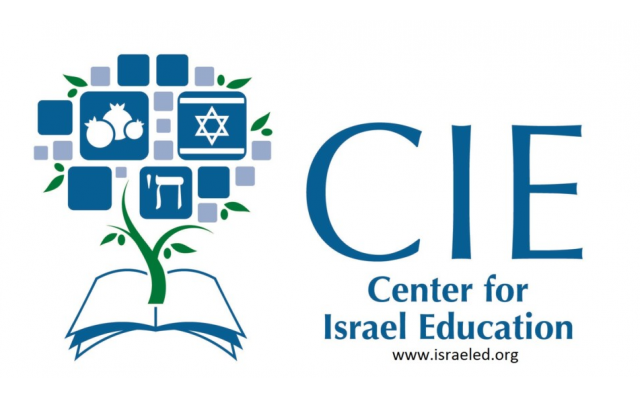Israel Education Must Reach Beyond Jewish Schools
By Rich Walter
In “Offense Not Defense” (Oct. 6), I wrote that Jewish educational organizations should rethink and prioritize Israel and Jewish history in their curricula. Global events, demographic trends and Jewish tradition necessitate that we emphasize teaching about Israeli to increase knowledge and combat anti-Israel and anti-Semitic efforts.
This need is not confined to the Jewish community.
On Oct. 13, the U.N. Educational, Scientific and Cultural Organization passed a preliminary resolution denying a Jewish connection to the Temple Mount in Jerusalem. This highly political move by a supposed cultural watchdog highlights the need for accurate and effective Israel education across cultural and religious lines.
Simultaneous to the UNESCO decision, Center for Israel Education President Ken Stein and I had the opportunity to represent CIE at the annual Georgia Council for the Social Studies conference in Athens on Oct. 13 and 14. In two sessions, one on the Arab-Israeli conflict and the other on the history of Israel, CIE provided valuable source materials, themes and strategies for dealing with Israel and the conflict.
Unlike our usual audiences, most of the more than 70 participants in our seminars at GCSS were non-Jews who educate non-Jewish students in public and private schools across the state.
Georgia social studies standards incorporate the teaching of Israel and the Middle East in some form in fifth and seventh grades and two high school courses: world geography and world history. The teachers who joined our sessions were eager to deepen their knowledge and access the resources CIE provides, underscoring the need to expand Israel education efforts into non-Jewish communities.
When it comes to Israel, the Arab-Israeli conflict and the Middle East, parents should be aware of what is being taught and which sources are in use. Ensuring that the teaching of Israel in public and private, religious and secular institutions is accurate and apolitical should lie at the center of efforts to combat delegitimizing campaigns like the recent UNESCO decision against Israel.
Rich Walter is the associate director for Israel education at CIE (www.israeled.org).




comments